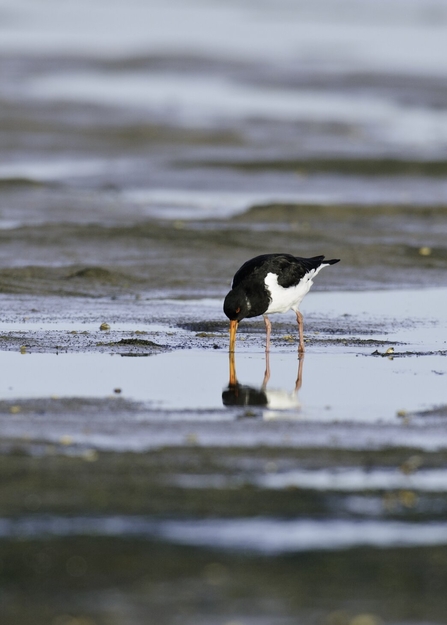The pipeline, which connects two oil installations in the Irish Sea, had a failure about 20 miles from the coast of North Wales.
The spill seems to be moving towards the Lancashire and Merseyside coastline. It is predicted to reach the shoreline at Formby, and then between Lytham St Annes and south of Fleetwood later this week.
The Ribble Estuary National Nature Reserve is one of the most important sites in the UK for water birds. More than a quarter of a million migrating wading birds and wildfowl visit the coast and its wetlands in winter. While the impact of Monday’s pipeline leak is still unclear, an oil spill of any size poses a risk to seabirds and other marine wildlife.

